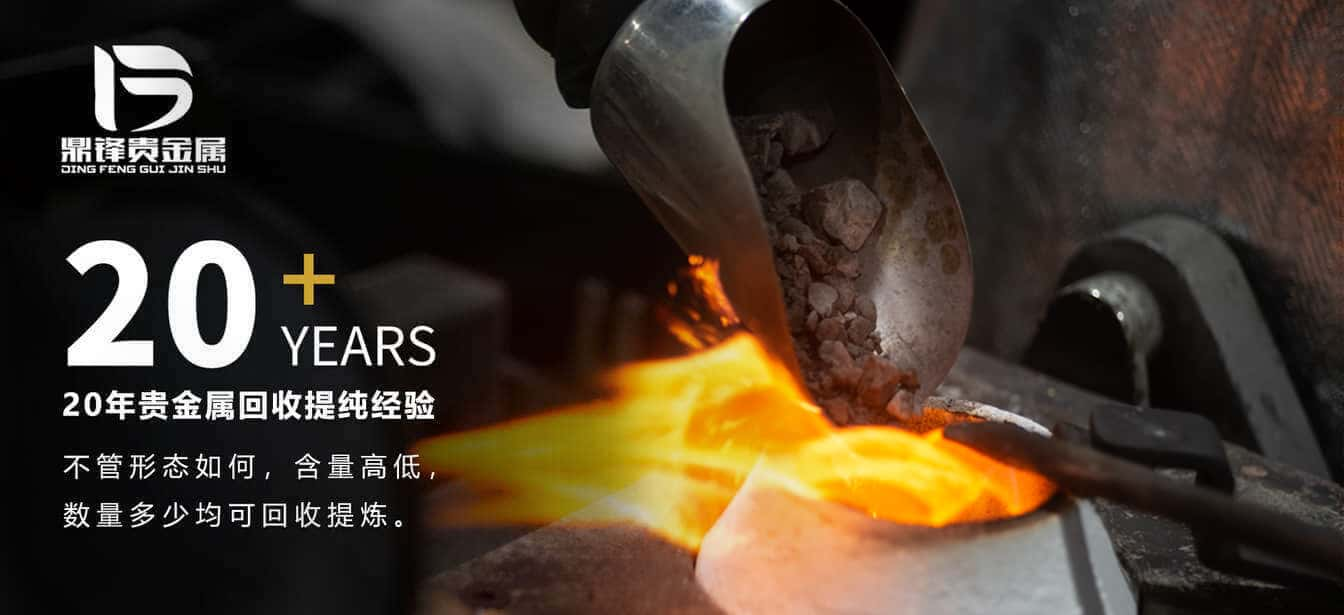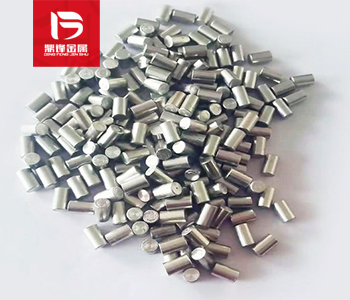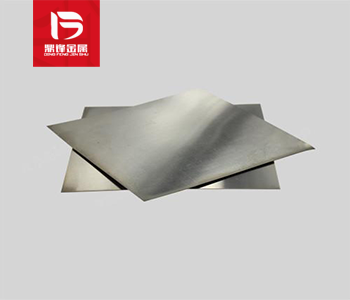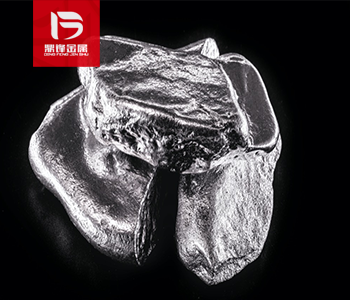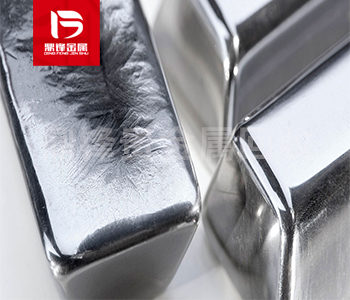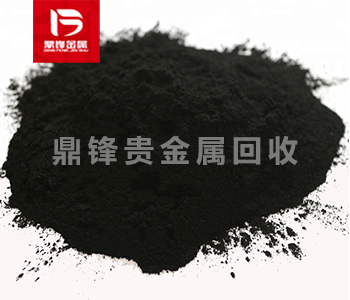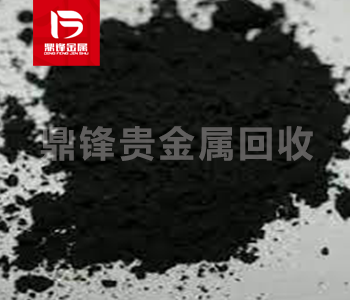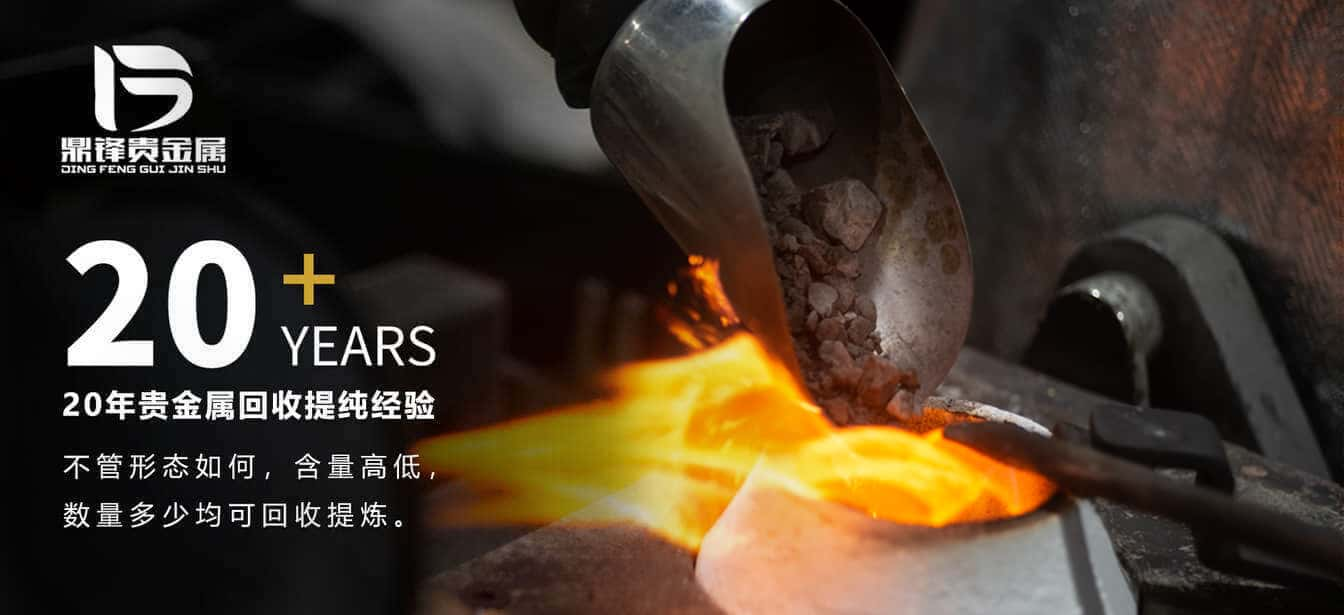Rhodium chloride recovery: commonly used methods and techniques for recovering rhodium chloride waste
With social development and scientific and technological progress, environmental protection and Recycling have become the focus of global attention. Rhodium chloride waste, as a precious metal waste,
With social development and scientific and technological progress, environmental protection and Recycling have become the focus of global attention. Rhodium chloride waste, as a precious metal waste, is of great significance for its recycling and utilization. This article will introduce the technologies and methods used in the recovery process of rhodium chloride waste, including physical separation technology, chemical reduction method, electrolysis method, and solvent extraction method.
1. Physical separation technology: Physical separation technology is one of the most commonly used methods in the recovery process of rhodium chloride waste. Rhodium chloride in waste can be effectively separated from other impurities by density difference, magnetic or color difference and other characteristics. Common physical separation technologies include centrifugal separation, gravity separation, and magnetic separation. Centrifugal separation uses centrifugal force to separate rhodium chloride particles from waste; Gravity separation uses the density difference of different components in the waste to separate; Magnetic separation utilizes the magnetic difference between rhodium chloride particles and magnetic impurities to achieve separation.
2. Chemical reduction method: Chemical reduction method is a method of reducing rhodium chloride to metallic rhodium. During the recycling process, reducing agents can be used to convert rhodium chloride into metallic rhodium. Common reducing agents include Iron(II) sulfate, hydrogen, sodium hydroxide, etc. By controlling the temperature, time, and amount of reducing agent in the reduction reaction, efficient and economical recovery of rhodium chloride can be achieved.
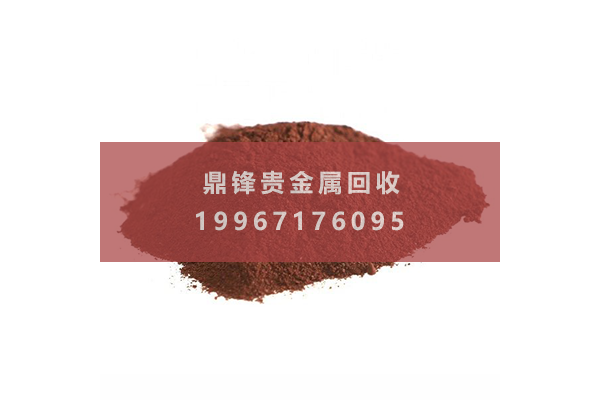
3. Electrolysis method: Electrolysis method is a method of reducing rhodium chloride solution to metallic rhodium through electrolysis. By controlling the composition of the electrolyte and electrolysis conditions, effective recovery of rhodium chloride can be achieved. The electrolysis method has the advantages of fast reaction speed and simple operation, making it suitable for large-scale production and the recovery of high-purity rhodium metal.
4. Solvent extraction method: The solvent extraction method utilizes the selective extraction properties of solvents to separate and recover rhodium chloride. By mixing waste with appropriate solvents, rhodium chloride can interact with solvents under specific conditions to achieve recovery. The solvent extraction method has the characteristics of good separation effect and simple operation, and is widely used in the recovery of rhodium chloride waste.
5. Comprehensive utilization technology: In addition to the above technologies and methods, comprehensive utilization technology is also an important means of recovering rhodium chloride waste. For example, the recovered metal rhodium can be used for catalyst preparation, or other valuable metal elements in the waste can be separated and recycled to achieve comprehensive utilization of resources.
The recovery of rhodium chloride waste is an important work of environmental protection and Recycling. The comprehensive application of physical separation technology, chemical reduction method, electrolysis method, solvent extraction method, and comprehensive utilization technology can achieve efficient and economical recovery of rhodium chloride. In the future, with the continuous development and innovation of technology, the recycling technology of rhodium chloride waste will be further improved and improved, making greater contributions to environmental protection and sustainable development.
&Quot; Dingfeng Precious Metals Recycling includes precious metals such as gold, silver, palladium, rhodium, platinum, germanium, iridium, ruthenium, etc. This is our business in precious metal recycling. If you have precious metals such as gold, silver, palladium, rhodium, platinum, germanium, iridium, ruthenium that need to be recycled, please contact us and we will provide you with a satisfactory price& Quot;
